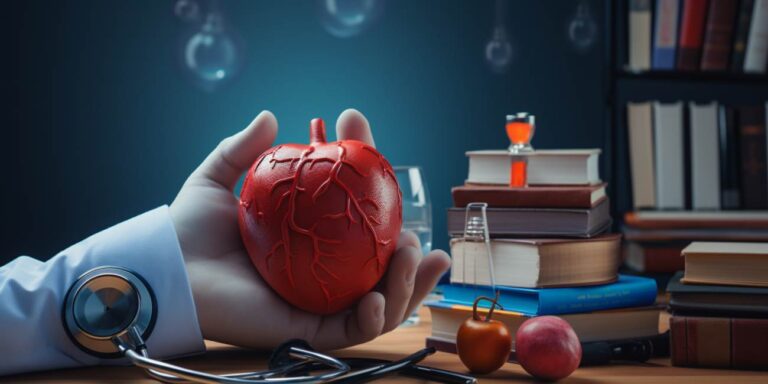Welcome to our comprehensive guide on cardiac headache symptoms. In this article, we will delve into the lesser-known aspect of headaches and their potential connection to cardiac issues. While headaches are often attributed to various causes, including stress, tension, or migraines, it’s essential to recognize that cardiac-related headaches can also occur. We aim to provide you with a clear understanding of what cardiac headache symptoms entail and how to differentiate them from other types of headaches.
Cardiac headache symptoms: what you need to know
Cardiac headache symptoms can be perplexing, as they mimic characteristics of other common headaches. However, they are a distinct subset of headaches that are linked to cardiovascular issues. These symptoms may vary from person to person, but some common features include:
- Throbbing Pain: Cardiac headaches often present as a persistent, throbbing pain in the head, typically on one side.
- Location: The pain may radiate to the neck, jaw, or even the shoulders. This can be mistaken for tension or stress-related pain.
- Duration: Unlike regular headaches that may resolve with rest or over-the-counter pain relievers, cardiac-related headaches tend to be more prolonged and severe.
- Nausea and Vomiting: Some individuals with cardiac headaches may experience nausea and vomiting, similar to migraine symptoms.
- Shortness of Breath: In some cases, cardiac headaches can be accompanied by shortness of breath, especially during physical activity.
It’s crucial to note that cardiac headache symptoms should not be taken lightly, as they may indicate underlying heart problems that require prompt medical attention.
Understanding the connection
So, what’s the link between headaches and cardiac issues? Cardiac headaches are believed to be primarily related to reduced blood flow to the brain, a phenomenon known as cerebral hypoperfusion. This can occur due to various cardiovascular conditions, including:
- Coronary artery disease
- High blood pressure (hypertension)
- Heart arrhythmias
- Angina
- Heart valve problems
When the heart struggles to pump blood efficiently, the brain may not receive an adequate supply of oxygen and nutrients, leading to the development of cardiac headaches.
Diagnosing cardiac headaches
Given the potentially serious nature of cardiac headaches, it is crucial to seek medical evaluation if you experience symptoms that raise concern. Your healthcare provider will likely perform a series of tests and evaluations, which may include:
- Electrocardiogram (ECG or EKG): This test records the electrical activity of your heart and can detect irregularities.
- Cardiac Stress Test: A stress test helps evaluate how your heart responds to physical activity.
- Echocardiogram: This ultrasound of the heart provides detailed images of its structure and function.
- Blood Tests: Blood tests can reveal markers of heart damage or other cardiac issues.
Once a diagnosis is established, your healthcare provider will develop a treatment plan tailored to your specific condition, which may include medications, lifestyle modifications, or even surgical interventions, depending on the underlying cardiac problem.
What distinguishes cardiac headaches from migraines?
Cardiac headaches are often characterized by a persistent, throbbing pain that can radiate to the neck and shoulders. They are typically associated with reduced blood flow to the brain due to underlying heart issues. In contrast, migraines are a type of primary headache disorder with distinct symptoms, including auras, sensitivity to light and sound, and nausea.
Are cardiac headaches life-threatening?
Cardiac headaches themselves are not life-threatening, but they can be indicative of underlying heart problems that require medical attention. Ignoring these symptoms could lead to more severe cardiovascular issues, which may have life-threatening consequences.
Can cardiac headaches be prevented?
Preventing cardiac headaches often involves managing the underlying heart condition. Lifestyle changes such as maintaining a healthy diet, staying physically active, and adhering to prescribed medications can help reduce the risk of cardiac headaches. Regular check-ups with your healthcare provider are also crucial for early detection and intervention.
When should i seek medical attention for a cardiac headache?
If you experience a severe, persistent headache that is accompanied by other concerning symptoms such as shortness of breath, chest pain, or nausea, seek immediate medical attention. These could be signs of a more significant cardiac issue that requires prompt evaluation and treatment.
In conclusion, understanding cardiac headache symptoms is vital for recognizing potential cardiac issues early. If you or someone you know experiences symptoms that align with cardiac headaches, consult a healthcare professional promptly. Early diagnosis and intervention can significantly improve outcomes and prevent more severe cardiovascular problems.
See also:





